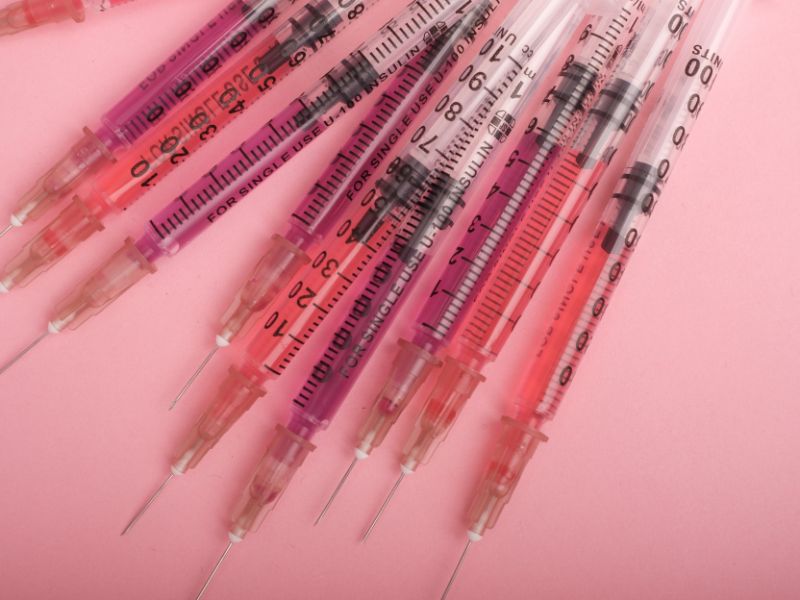What is Peptide Therapy?
Peptide therapy is one of the most exciting new therapies to help treat disease and aging. It is becoming more and more popular because it is generally considered safe with far-reaching regulatory and rejuvenation actions on the body. Peptides have the potential to rewrite bodily chemistry relationships that can bring balance to the body. They are also used in the treatment of injury, chronic disease, and for enhancing peak performance in the body.
What are Peptides?
Let’s get more specific about what peptide therapy is. Peptides are chains of amino acids (proteins) that act as a signaling system in the body to maintain crucial functions, including: hormonal balance, cell signaling, and cell-to-cell communication. These extremely beneficial properties make peptides incredible building blocks for targeted drug design and development. The way your body loses weight, your digestion, your sexual function, and more is controlled by these small proteins. Thus, peptide therapy can support these functions of the naturally occurring peptides in your body.
Most beneficial to using peptides as therapeutics is that they can be engineered for precision. Over 7,000 naturally occurring peptides have been identified, and many have already been FDA approved.
More benefits of peptides for therapeutic medicine are as follows:
- Low toxicity
- High chemical and biological diversity
- High potency and specificity
- Good efficacy, safety, and tolerability
- Broad range of targets
- Low accumulation in tissues
The most exciting advantage of peptide therapies is that they can be designed to target virtually any cellular process in the body.
What Do Peptides Help Treat?
Peptides can be used to treat a wide range of symptoms and illnesses. The following is just a few of the potential conditions that can benefit from peptides:
- Autoimmune Issues
- Insomnia
- Hormone Imbalance
- Gut Issues
- Inflammation
- Lyme disease
- Dementia/Alzheimer\’s
- Mold-related illness
- Joint injury
- HIV and chronic infections (HBV, HCV, CMV, etc.)
- Inflammatory bowel disease
- TBI
- Neurodegenerative conditions (Parkinson’s, MS, etc.)
- Erectile dysfunction, low libido
- Fibromyalgia
- Hashimoto’s thyroiditis
- Weight Gain
- and…SO much more.
To begin peptide therapy, Fill out the form below or call Tringali Vibrant Wellness today to book a consultation with Elizabeth Tringali, PA-C: 561-283-1166
Sources:
https://www.ncbi.nlm.nih.gov/pmc/articles/PMC5216031/
https://www.researchandmarkets.com/reports/4600544/global-peptide-therapeutics-market-dosage-price
http://www.jneuropsychiatry.org/peer-review/the-significance-of-proinflammatory-cytokines-and-th1-th2-balance-in-depression-and-action-of-antidepressants.html
https://cvi.asm.org/content/6/3/306
https://www.ncbi.nlm.nih.gov/pmc/articles/PMC3018761/
https://www.hindawi.com/journals/mi/2018/3985154/
https://www.ncbi.nlm.nih.gov/pubmed/9200929
http://www.jimmunol.org/content/176/5/2765
http://www.hnykdxxb.com/PDF/201710/21.pdf
https://www.ncbi.nlm.nih.gov/pmc/articles/PMC2901354/
https://www.ncbi.nlm.nih.gov/pmc/articles/PMC5454441/
https://www.nature.com/articles/s41598-019-40078-8
https://www.the-scientist.com/technology-profile/distinguishing-th1-and-th2-cells-54709
https://www.ncbi.nlm.nih.gov/pubmed/2642497
https://www.ncbi.nlm.nih.gov/pubmed/16640105
https://www.ncbi.nlm.nih.gov/pubmed/19493408
https://www.ncbi.nlm.nih.gov/pubmed/23050811
https://europepmc.org/abstract/med/3998766
http://www.bloodjournal.org/content/103/11/4232?sso-checked=true
https://www.ncbi.nlm.nih.gov/pubmed/28106477
https://www.sciencedirect.com/topics/biochemistry-genetics-and-molecular-biology/thymosin-beta-4
https://www.ncbi.nlm.nih.gov/pubmed/21030672
https://www.ncbi.nlm.nih.gov/pubmed/27847966
https://www.ncbi.nlm.nih.gov/pubmed/25415472
https://link.springer.com/article/10.2165%2F11203320-000000000-00000
https://www.ncbi.nlm.nih.gov/pmc/articles/PMC4689177/
https://www.ncbi.nlm.nih.gov/pmc/articles/PMC6311329/
https://www.ncbi.nlm.nih.gov/pubmed/22229324
https://www.ncbi.nlm.nih.gov/pubmed/20436440
https://www.ncbi.nlm.nih.gov/pubmed/12687248
https://www.wfsbp.org/doi/wfsbp2011-abstractscd/en/abstracts/10025.html









